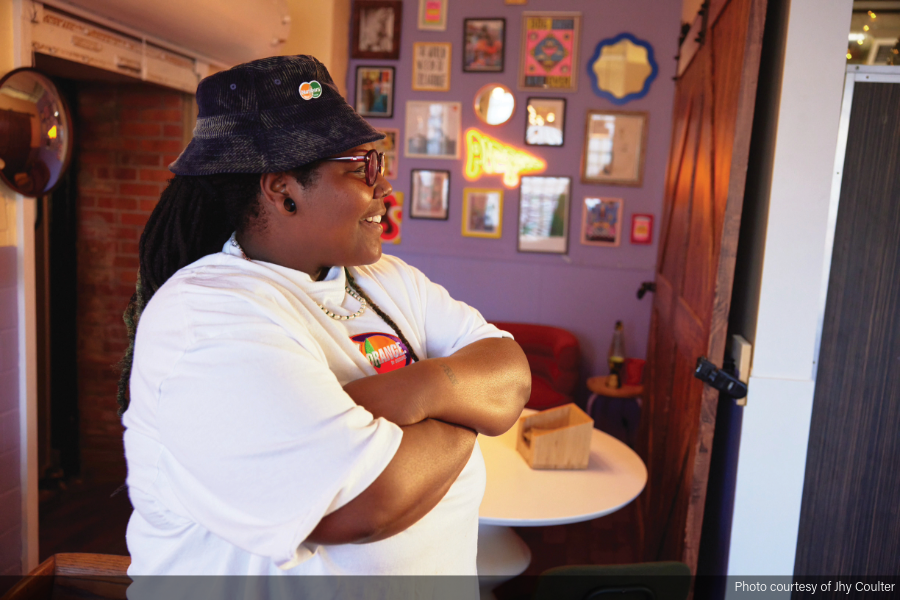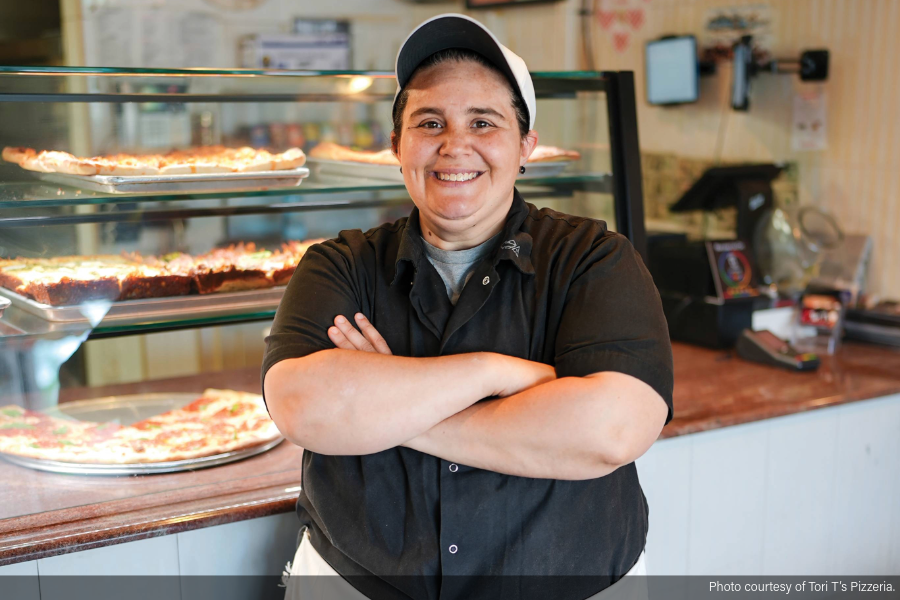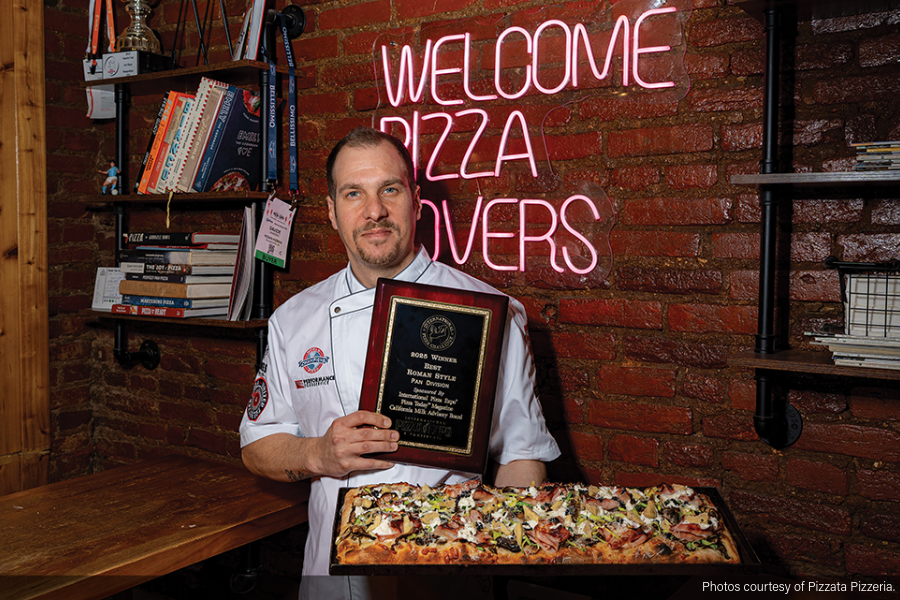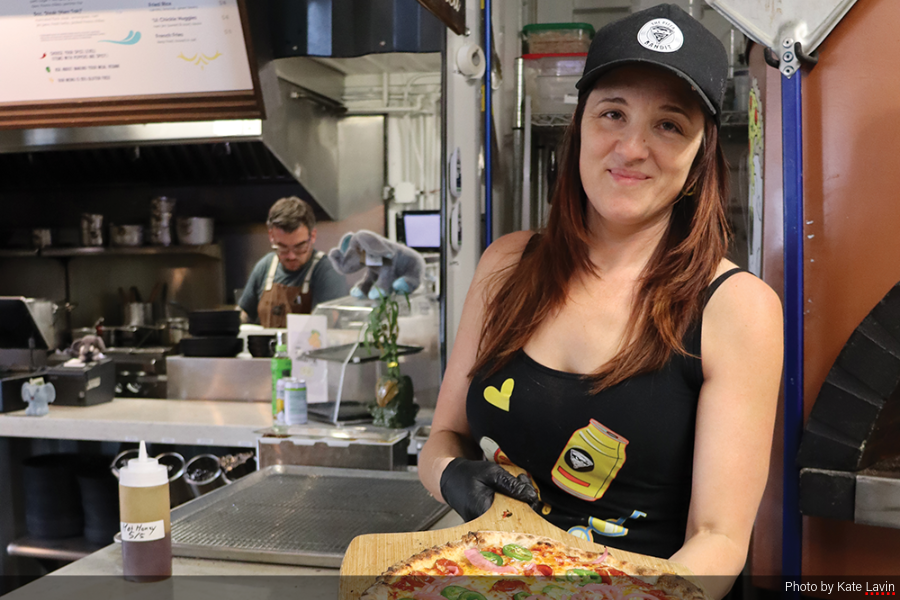Many pizzeria operators view accountants as scorekeepers who produce reports that document results. That’s too bad, because good accountants can become proactive partners. They can help you plan for more optimal year-end results and assist you in refining future strategies. They can also create tools that better enable you to steer your business.
There are several questions you should ask your accountant during this tax season. Here are some:
• What could I do to lower my tax bite? Your goal is to make profit, but you’d prefer to pay as little taxes on that profit as possible. Your proactive accountant can advise you on several possibilities to lower the tax liability. He might suggest taking a full Section 179 on all equipment purchases. Typically, most capital purchases are written off over five or seven years. But Section 179 allows one to take $108,000 of capital in the year of purchase. So, if you buy three new vehicles for $15,000 each, you could elect to take a $45,000 deduction instead of the ordinary $9,000($45,000 divided by 5).
Another lowering strategy is to maximize a Simple IRA or Sep plan. One can put as much as $44,000 into a SEP-IRA, and that lowers the tax bite significantly. A third strategy could be to hire that consultant you’ve always wanted and pay up-front. Alternatively, you could give year-end bonuses to key staffers.
• Is this a good time to buy equipment for tax-deductions? Could you purchase new machinery now in anticipation of the new store you are planning to open next year? You can take the full deduction now and let the new store’s high opening costs keep down profit next year. Or perhaps it would be better to wait until next year, where you will have a greater need to reduce profitability. Major purchases are always a timing issue.
• Are there any changes in the tax code that could be meaningful? Tax rules change every year. For instance, a decade ago, a home office was a red flag to the IRS. But today, with the 2003 tax revision, a person can have an office at his place of business and still have a home office. Now, home offices have become a common occurrence. The definition of contract workers has become more refined: now only some types of part-time jobs can be considered contract work. The recent credits for hybrid vehicles might have relevance to vehicle purchasing decisions. New HSAs (health savings accounts) might be an excellent vehicle for reducing company health insurance costs.
• What could you do to increase sales? Don’t forget your pro-active accountant is a good businessman also. He may have some suggestions for you in your relentless quest to improve sales. For instance, he could suggest catering possibilities, such as promoting pizza parties through community giveaway prizes. Or she could suggest a new product (toasted walnut pizza?) Or the accountant might come up with a scheme to reward the best employee of the week with a crisp $50 bill as a way to improve staff morale. New ideas can revitalize a business, and pizza store operators should be continually looking to make constructive changes.
• Do I need to increase or decrease end-of-year profit? The bottom line can be tweaked, and now is the time to do it. Say you would like to appear marginally profitable this year, so you will want to reduce income. Or perhaps your banker wants to see banner results, so you will want to produce as rosy a profit picture as possible. Your accountant can offer many suggestions. They include pumping up or down inventory, making last-minute capital purchases, selling off unused equipment, pre-booking future business, eliminating owner salary in the last few months, and paying next month’s bills in advance, or the opposite, delaying paying bills. These last-minute strategies can jimmy up or jimmy down profit.
• Could a finer breakdown give me more information to make decisions? Possibly, your accountant could create reports which help you manage better. Could a daily breakdown of food-to-sales be used to identify employee pilferage, including giving product to friends? Perhaps a staffing-to-sales ratio could point up labor under-utilization. Could a driver delivery breakdown point out the most efficient drivers? Perhaps a store-by-store product category breakdown could point up marketing opportunities. For example, one store does a much better job selling salads, and the explanation turns out to be that the store has a better counter presentation and more aggressive upselling. Such information would help you implement a chain-wide revision. This is a perfect time to challenge the accountant to focus on specific areas that need improvement.
• Re-examine the own vs. rent scenario. Maybe now is a better time to purchase a building because of lowering real estate values. Or could it be time to unload your storefront property and use the cash to expand your operation? Changing times call for changing opinions, and one never knows unless one asks.
• Can I take a raise? This question should be asked every year. You want the business to be successful, but you also want to reward yourself for good results. Perhaps now is the time to initiate a $150 a week raise to compensate for those early years where you took a negligible wage. You accountant can figure out the cash flow consequences as well as the full tax implications. One determination he will make is whether your marginal income is taxed less as wages or as profits.
Ask your accountant what else she can do for you. Who knows what has passed over her desk. Maybe she has met a new bookkeeper who would be the perfect office manager. Perhaps the accountant has learned about an inexpensive payroll program, which would work for you. Possibly, the accountant has learned about a new low-cost health insurance program, which, if adopted, could save you thousands. The point is, you never know unless you ask.
Whether you are a solo shop or a regional chain, make your end-of-the-year visit profitable by making your accountant a proactive partner.






